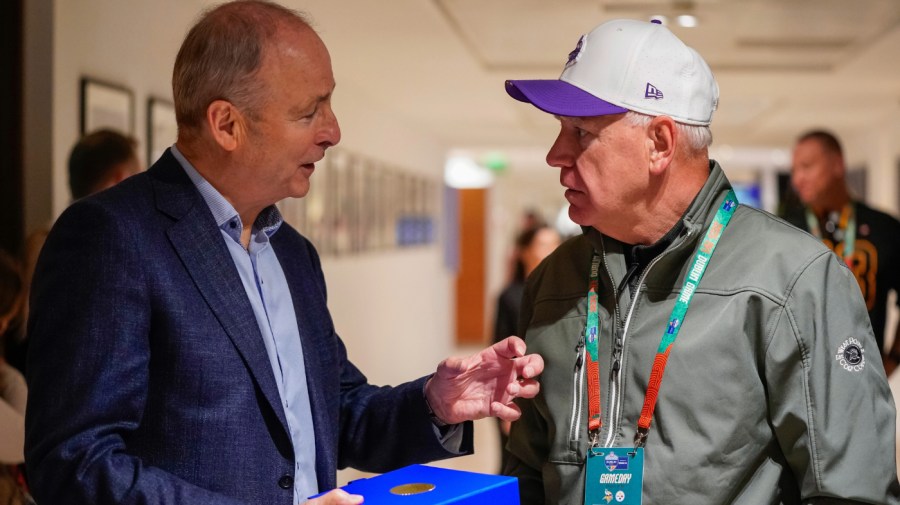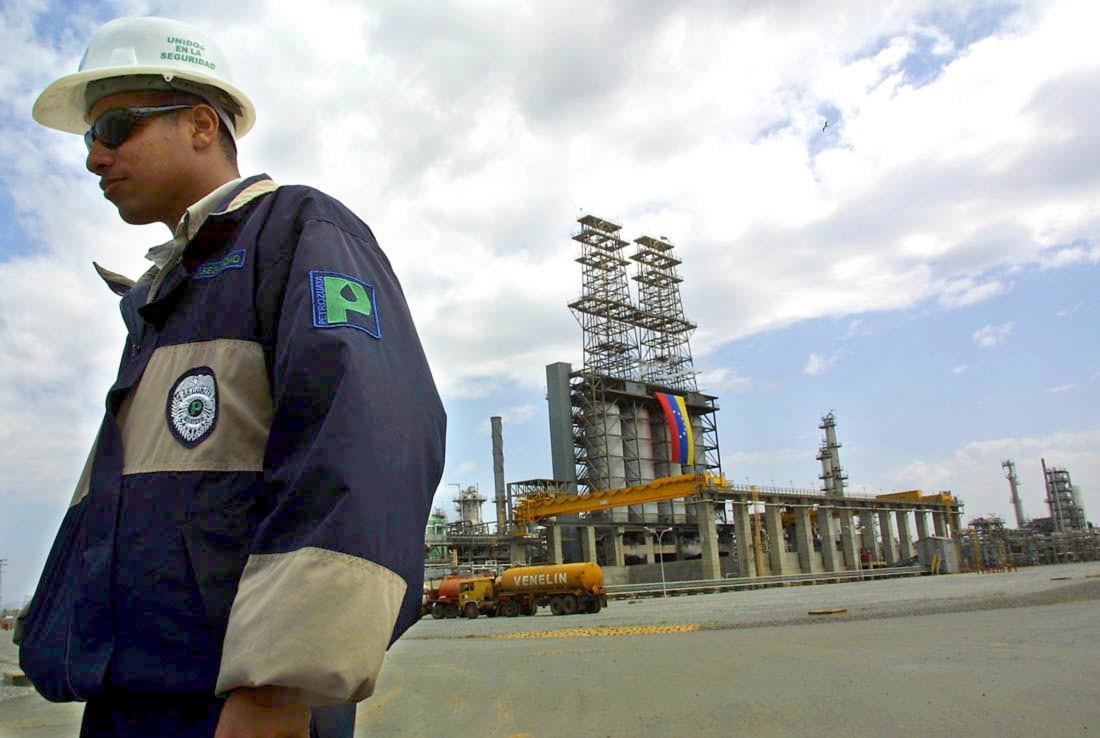Sporting and cultural exchanges have emerged as vital tools for fostering diplomacy in an increasingly uncertain global landscape. Events such as the FIFA World Cup and the Olympic Games offer opportunities for nations to engage in dialogue, promote mutual understanding, and alleviate tensions. As geopolitical conflicts persist, these platforms provide moments of relief and a chance for collaboration.
The United Nations has long recognized the power of sport in promoting peace and development. In a statement released in March 2023, the UN emphasized that sporting events can transcend political divides, allowing countries to come together in the spirit of competition and camaraderie. This sentiment is echoed by organizations like UNESCO, which advocates for cultural diplomacy as a means to build bridges between nations.
Key Events Highlight Cultural Connections
Recent international sporting events have illustrated the potential of sports diplomacy. For instance, the 2022 FIFA World Cup held in Qatar became a focal point for discussions on various socio-political issues. Countries that traditionally have strained relations found common ground through their shared love for football. The tournament attracted global attention, with over 3.4 million spectators attending matches, bringing fans from diverse backgrounds together.
Similarly, the Tokyo 2020 Olympic Games, held in 2021 due to the pandemic, showcased athletes from around the world competing under the Olympic banner. This event served as a powerful reminder of the unifying potential of sports. Athletes, regardless of their nationalities, competed with a common goal of excellence, embodying the Olympic spirit of peace and friendship.
Cultural exchanges, such as art exhibitions and music festivals, further complement these sporting endeavors. These events provide platforms for artists and performers to share their heritage, fostering dialogue and understanding among nations. For example, the World Culture Festival, which took place in various countries, celebrated artistic diversity and promoted cultural awareness, contributing to a global discourse on cooperation and coexistence.
The Role of Sports Diplomacy in Global Relations
The practice of sports diplomacy is not limited to high-profile events. Governments and organizations are increasingly investing in smaller-scale sporting exchanges to build relationships. Programs that facilitate youth exchanges, training camps, and friendly matches have proven effective in nurturing connections between countries. These initiatives often focus on areas affected by conflict, aiming to provide young people with opportunities to engage in positive interactions.
This approach is supported by research from institutions such as the Institute for Sports Diplomacy, which highlights the impact of sports on community building and international relations. According to their findings, engaging in sports can break down stereotypes and foster mutual respect, thus contributing to long-term peacebuilding efforts.
While challenges remain, the benefits of sports and cultural exchanges cannot be overlooked. As global tensions persist, the role of these exchanges in promoting diplomacy becomes increasingly relevant. They offer a compelling reminder of the shared values and aspirations that unite humanity, even in the face of adversity.
In a world where uncertainty often prevails, sporting events and cultural initiatives stand out as beacons of hope, showcasing the ability of nations to come together, celebrate diversity, and work towards a more harmonious future.







